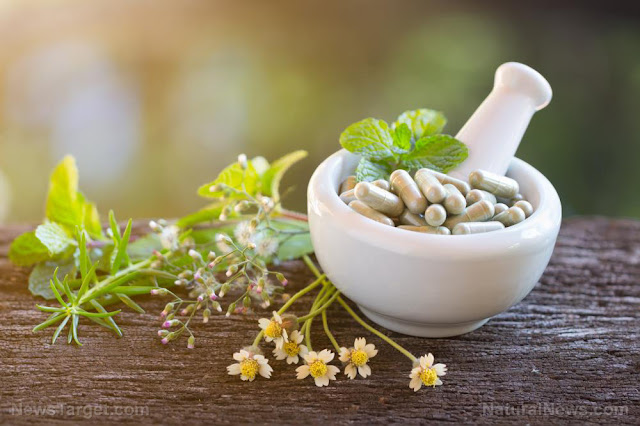 |
| Herbal Extract Market |
Success in the herbal extract market requires a strategic approach that encompasses product innovation, market intelligence, regulatory compliance, sustainability practices, and consumer engagement. As demand for herbal extracts continues to grow, companies must differentiate themselves, build brand equity, and capture market share in this competitive landscape. Let's explore key strategies for navigating success in the herbal extract market.
The Herbal Extract
Market size is valued at US$ 41.8
Billion in 2024 and is expected to reach US$ 81.1 Billion by 2031, growing at a compound annual growth rate (CAGR) of 9.9% from 2024 to 2031.
Portfolio
Diversification and Innovation:
Diversifying the
product portfolio and investing in innovation are essential for staying
competitive and meeting the diverse needs of consumers in the Herbal Extract Market Trends Companies should
continuously research and develop new botanical extracts, formulations, and
delivery systems to address emerging health trends and consumer preferences.
Moreover, exploring novel applications in food, beverage, nutraceutical, and
personal care segments expands market opportunities and enhances the value
proposition of herbal extract products.
Market
Intelligence and Consumer Insights:
Gaining a deep
understanding of market dynamics, consumer trends, and competitive landscapes
is critical for informed decision-making and strategic planning in the herbal
extract market. Market intelligence initiatives, such as consumer surveys,
trend analysis, and competitor benchmarking, provide valuable insights into
evolving consumer preferences, product preferences, and purchase behavior. By
leveraging consumer insights, companies can tailor product offerings, marketing
strategies, and distribution channels to resonate with target audiences and
gain a competitive edge in the market.
Regulatory
Compliance and Quality Assurance:
Ensuring regulatory
compliance and upholding quality standards is paramount for building trust,
credibility, and consumer confidence in herbal extract products. Companies
should adhere to regulatory requirements governing product safety, labeling,
and marketing claims set forth by regulatory agencies such as the FDA, EMA, and
other relevant authorities. Implementing robust quality control measures,
conducting thorough product testing, and maintaining documentation of GMP
compliance demonstrate commitment to product quality, efficacy, and safety,
enhancing brand reputation and mitigating risk in the herbal extract market.
Key
Players
Botanic Healthcare,
VIDYA HERBS Pvt. Ltd, Allicin Pharm, HerbalHills, Acara bioherb PVt. LTD.,
Pioneer Enterprises (I) Private Limited, Sydler India Pvt. Ltd, Herbal
Creations, Alpspure Lifesciences Private Limited, IDOBIO CO., LTD., Döhler GMB,
MartinBauer.
Sustainability
and Responsible Sourcing:
Embracing
sustainability practices and responsible sourcing initiatives is essential for
fostering environmental stewardship, supporting local communities, and ensuring
the long-term viability of botanical resources in the herbal extract market.
Companies should prioritize sustainable cultivation methods, ethical harvesting
practices, and biodiversity conservation efforts to minimize environmental
impact and preserve natural habitats. Additionally, supporting fair trade
partnerships, organic certification programs, and community development
projects promotes social responsibility and enhances brand authenticity and
trustworthiness among eco-conscious consumers.
Consumer
Education and Brand Engagement:
Educating consumers
about the health benefits, uses, and applications of herbal extracts builds
awareness, trust, and loyalty for brands in the herbal extract market.
Companies should invest in educational content, such as blog posts, articles,
and social media campaigns, to empower consumers with knowledge and encourage
informed decision-making. Moreover, fostering brand engagement through
interactive experiences, loyalty programs, and influencer partnerships creates
meaningful connections and fosters brand advocacy among satisfied customers,
driving repeat purchases and word-of-mouth referrals in the competitive herbal
extract market.
Success in the herbal
extract market requires a multifaceted approach that encompasses innovation,
market intelligence, regulatory compliance, sustainability practices, and
consumer engagement. By adopting these strategies effectively, companies can
differentiate themselves, capture market share, and build lasting relationships
with health-conscious consumers seeking safe, effective, and sustainable herbal
extract products. As demand for natural and plant-based solutions continues to
grow, companies that prioritize quality, transparency, and consumer trust will
thrive in the dynamic and evolving herbal extract market landscape.
Get
more insights, On Herbal
Extract Market



0 Comments